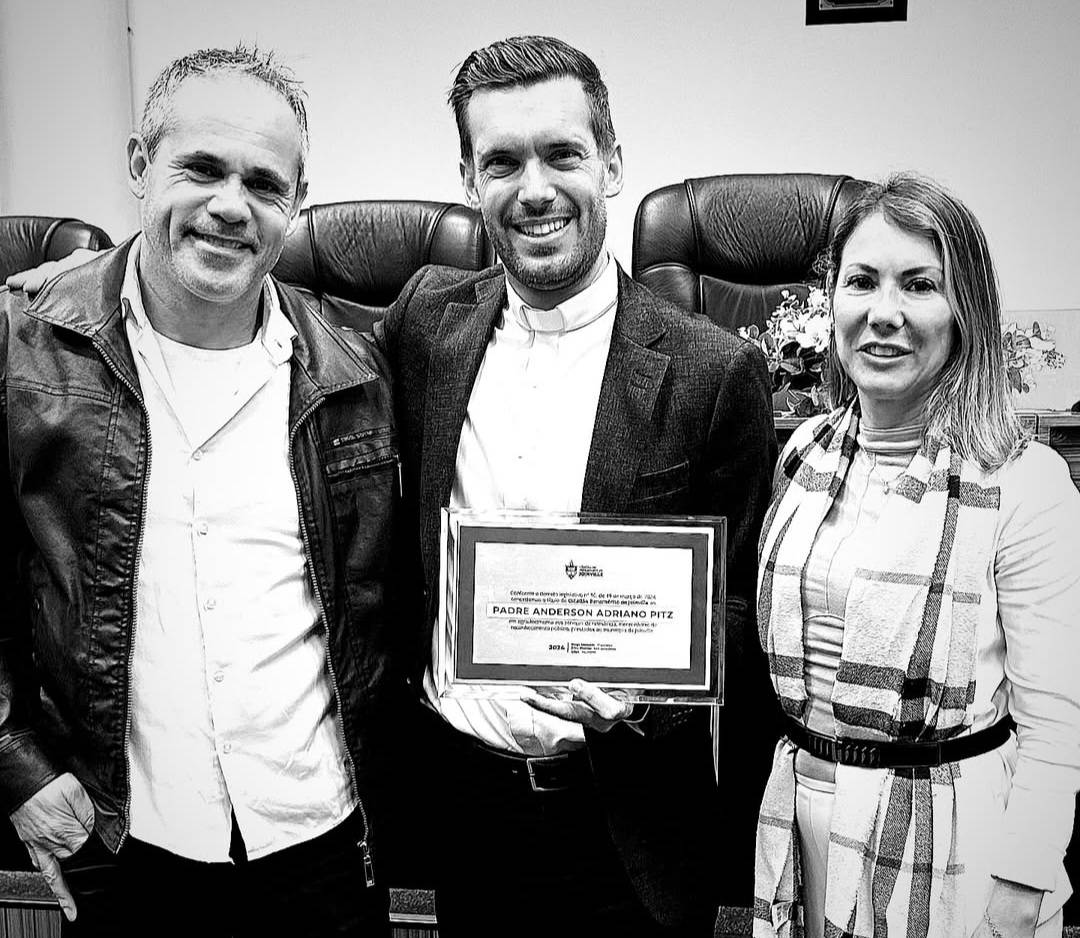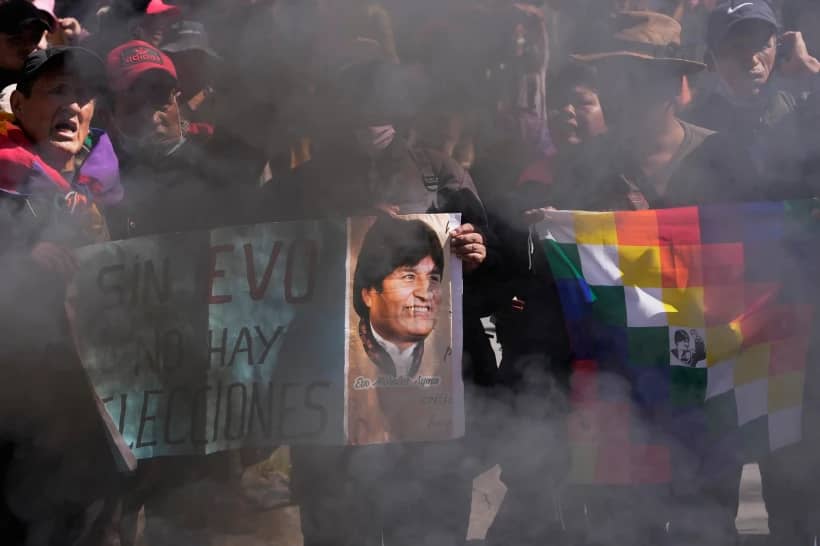ROSARIO, Argentina – After a marathonic session, Argentina’s lower house approved a presidential bill aimed at legalizing abortion.
The vote was made at 7 a.m. on Friday, after a session that began early on Thursday: There were 131 votes in favor, 117 against, and 6 deputies abstaining.
The bill will now go to the Senate, where the pro-life side expects to turn things around as it did in 2018.
Immediately after the vote, pro-life groups and Catholic bishops went to Twitter to protest the decision. Bishop Sergio Buenanueva of San Francisco wrote: “It’s clear that the worst of this 2020 is not COVID-19.”
On the eve of the vote the bill had been modified to try to secure a majority. The two major changes were allowing for institutional conscience objection, though private hospitals that refuse to provide abortions will have to “pay for expenses” a patient has to incur to get an abortion at another place. In addition, girls under 13 who want an abortion will need the consent of at least one of their parents, and those under 16 will need the “written consent” of an adult.
By pushing to legalize abortion, President Alberto Fernandez is fulfilling a campaign promise, but many have argued that the year in which he imposed the world’s longest COVID-19 quarantine to “save lives” is not the time to push forward a medical procedure that would further burden local hospitals.
RELATED: Pope Francis once again enters abortion debate in Argentina
Unidad Provida, a coalition of pro-life organization, had invited people to demonstrate in front of Congress on Thursday because “this aberrant law is a law against the people as a whole.”
“With a combination of anger at the president’s contempt for life and enthusiasm for the trust given in the overwhelming strength of #LaMayoríaCeleste [the light blue majority, referring to the color used by the pro-life movement], pro-lifers will go to the streets to demand the rejection of the abortion law,” and demanding “policies that contemplate the care of the two lives that are at stake in a vulnerable pregnancy.”
The day before the debate began, there was an inter-religious prayer service attended by Catholic bishops and representatives of Argentina’s Jewish Association, the Syriac Orthodox Church, the Argentine Islamic Center, the Baptist Evangelical Convention of Argentina, the Institute for Religious Dialogue and the Christian Alliance of Evangelical Churches.
Cardinal Mario Poli, handpicked by Pope Francis as his successor in as archbishop of Buenos Aires, said that different faiths were coming together for what “fundamentally binds us, as is the case of the life to be born and the conviction of the inviolability of all human life.”
“We cannot escape the commitment to lend our voice to the most fragile and vulnerable such as the innocent yet to be born, because no one has the right to cut off their participation in the festival of life,” he said.
Poli then quoted Francis in saying that “The defense of the innocent who has not been born, for example, must be clear, firm and passionate, because there the dignity of human life, always sacred, is at stake.”
Francis has gotten involved in the Argentinian abortion debate, referring to the legalization of abortion is his home country at least three times in recent weeks.
In a Nov. 22 letter to a group of pro-life women, Francis argued that the issue of abortion “is not primarily a religious matter but a matter of human ethics, preceding any religious confession.”
“And it’s good for us to ask two questions,” he wrote. “Is it fair to eliminate a human life to resolve a problem? Is it fair to hire a hitman to resolve a problem?”
Follow Inés San Martín on Twitter: @inesanma
















